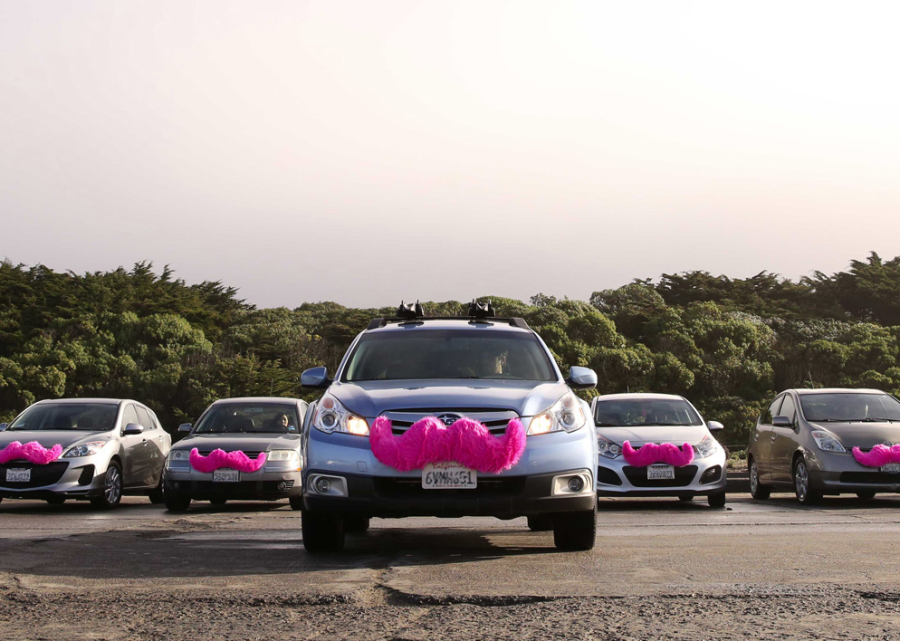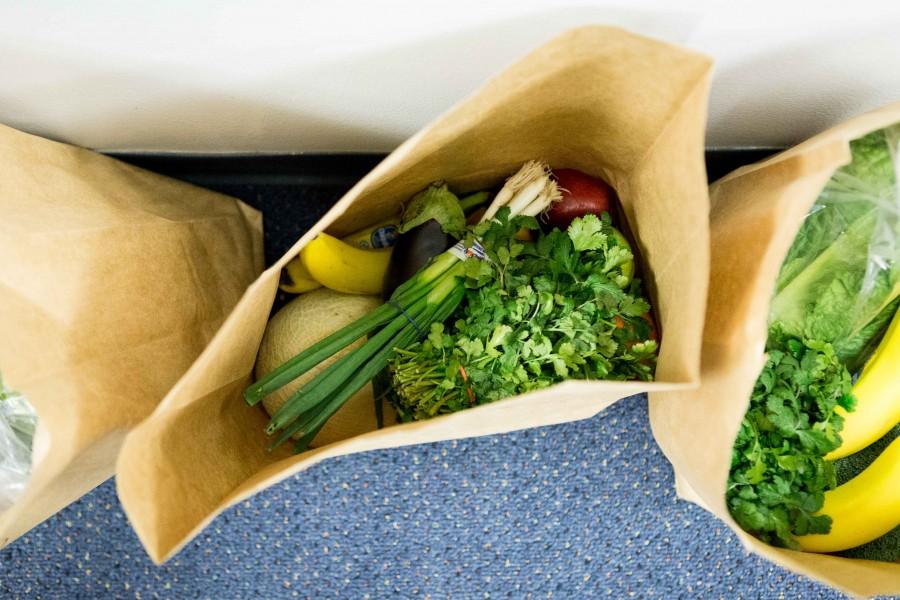As legislation makes its way through the Wisconsin State Assembly to standardize regulations for ridesharing companies like Uber and Lyft, Marquette students already taking advantage of the mobile apps shouldn’t expect much change if it passes.
The bill, which passed through the State Affairs Committee last Wednesday, would make the laws around the mobile ridesharing services the same in all localities in the state.
Milwaukee began requiring Uber and Lyft drivers to meet the same licensing standards as cab drivers last July, but with this new bill they would reduce the fee for a state license from $10,000 — as required by Milwaukee’s law — to $5,000.
Proposed state regulations include required background checks on all drivers, safety and emission checks on all vehicles and a minimum of $1 million commercial insurance coverage on passengers while inside rideshare vehicles. The legislation will also require companies to be transparent with their pricing methods but does not prohibit price increases at times of high demand.
Milwaukee’s ridesharing legislation resulted in strong opposition from taxi cab companies in the city, which operate under strict caps imposed by the city for years. The taxi companies argue that the regulations do not treat ridesharing services on the same playing field as them. Similar legal battles and campaigns have been taking place in cities throughout the country as the smartphone apps became more popular.
Regardless, students on campus have adopted the apps to get around the city.
“What I like most (about Uber) is that it’s cheap and we have the option to grab a few friends and split the cost with them,” said Sarah Nisivaco, a junior in the College of Health Sciences. “The cost makes it more accessible and reasonable for college students.”
Students described Uber and Lyft as being easy, especially as a convenient and safe option to get home after drinking downtown. Other students said they use the services to go to Mayfair Mall, Bradford Beach, the airport or even for some morning sweet treats.
“The last time I took an Uber I went with two other people at 9 a.m. on a Saturday to get Holey Moley Donuts,” said Erin Shea, a junior in the College of Nursing.
Students described funny conversations they have had with rideshare drivers. Nic Schmidt, a sophomore in the College of Engineering, even said her driver had a Lyft driver share snacks and tell jokes for an entire ride.
That’s not to say all students are booking rides with their smartphones. Some, like Emma Hogaboom, a sophomore in the College of Business Administration, said they don’t have a need for it. Others said they would rather take the bus or use public transportation than take an Uber or Lyft ride.
“I guess it’s just a funny concept in general, just hopping into the back of a stranger’s car,” said Lauren Brown, a sophomore in the College of Communication. “The app has a picture of the driver too, and their name, so it’s funny to be like, ‘Oh, gray Prius? You must be my Uber drive.'”


